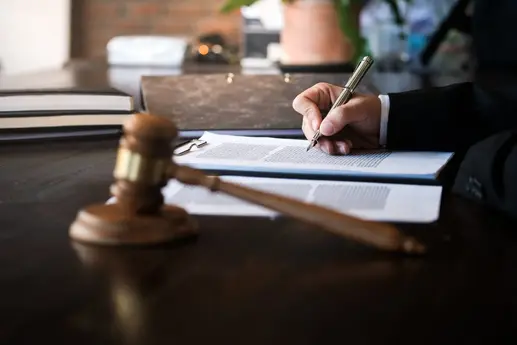 Leandra’s Law: One Year Later
Leandra’s Law: One Year Later
The New York State Senate has passed Tiffany’s Law and sent it to the Assembly. The proposed law is named for a young Syracuse woman killed while riding in a boat operated by an intoxicated driver. The boat driver had previous DWI citations received while driving a motor vehicle. However, New York law did not link the earlier DWI convictions and the intoxicated boating offense. Thus, he was charged for a New York first offense boating while impaired.
The sponsor of Tiffany’s Law is Senator John A. DeFrancisco from Syracuse. Under current law repeat offenders who use different types of vehicles may receive lighter sentences, because they are treated as first-time offenders in each case. Legislators were concerned that some repeat offenders escape just prosecution simply because they operated two different types of vehicles. The bill provides that all prior convictions for operating a vehicle while intoxicated are considered during sentencing for a subsequent boating while intoxicated conviction.
Under the language of this bill, the term “vehicle” would be broader and encompass cars, snowmobiles and all-terrain vehicles. The bill also works in reverse. For instance, a boating while intoxicated conviction would be considered during sentencing for a subsequent conviction for driving a car while impaired.
Once enacted, the new legislation would eliminate disparate sentencing based on the type of vehicle operated while impaired. DWI penalties are structured so that first time offenders receive lesser sentences. Penalties increase based on the number of offenses within a certain period of time. Repeat offenders receive larger fines, may be subject to license revocation and even incarceration.
Tiffany’s Law eliminates a loop hole that allowed repeat offenders to receive lighter sentences. The new law would ensure that people who repeatedly drive while impaired will be held appropriately responsible.
With possible changes to the law, if you have been charged with an impaired driving or boating offense, it is important to contact a skilled DWI defense attorney. A lawyer can make sure your rights are protected and advise of possi

